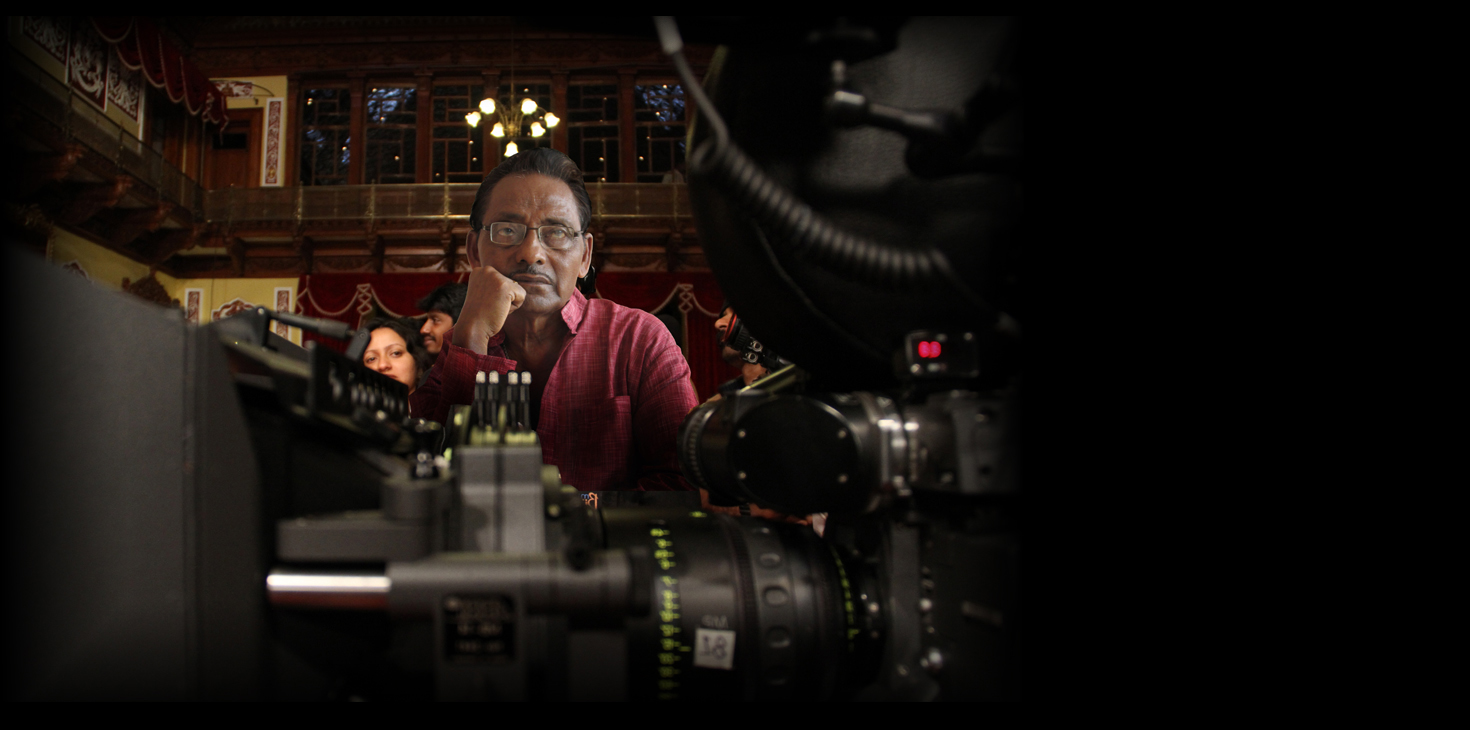Theater
Dramatists’ presence in theaters is a Indian specificity. Indeed, since Lessing, the dramatist is, for the Indian theater, a critic accompanying the production, a literary councillor, a co-worker of the director. My work “takes place below and beyond the performance”, “in the confluence of the writing, the direction and the criticism.” Starting from this common history, the separation in 1947 of the British India and the partitioned India, the evolution of theatrical structures and of the profession of dramatist in different directions. The art confronted brutally and the representations and contents of dramaturgic activity after independent India that had developed in each State separately.
In India, under the influence of different linguistic culture and diversify religions, the dramatist was a pivot in theatres, being both the ideological consciousness of the working collective and a director’s long-term partner. I have always played a central role in the interpretation of plays and the elaboration of repertory. Inside the theatrical organization, I was the spokesman of the written text and author. I had a scientific function in an artistic universe, a function of translation in the sense this term was used by the sociology of sciences. The dramatist’s work of mediation was therefore extremely valued by the theatre organization in India.
